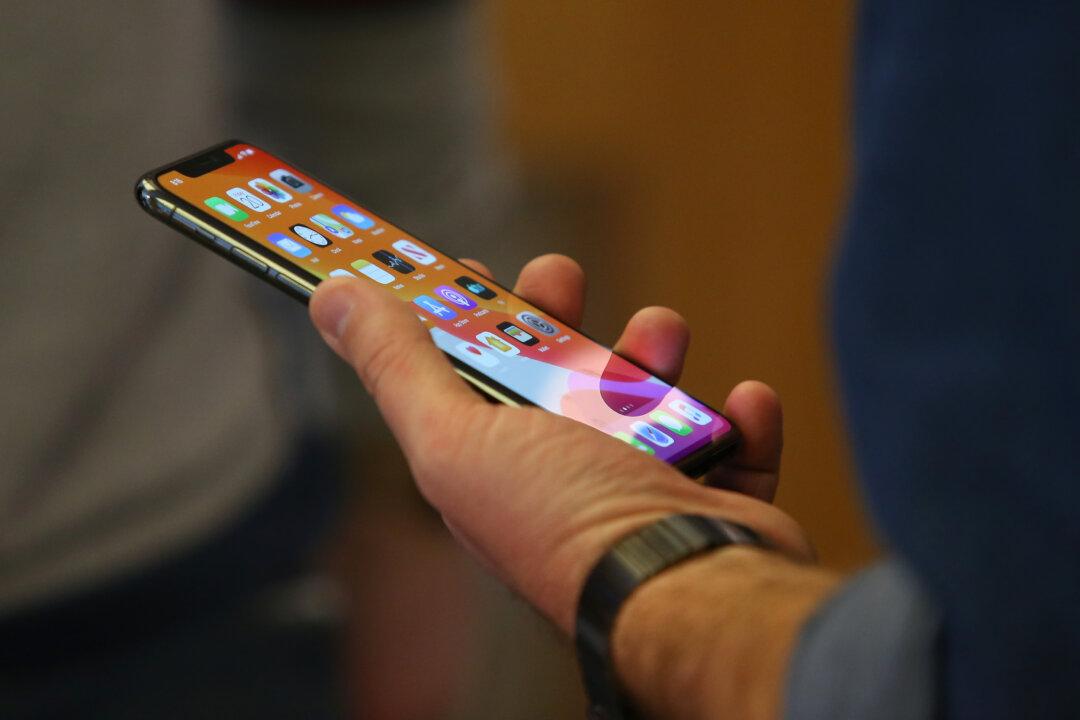The current living cost crisis has not deterred a significant number of Australians from changing mobile phones regularly, a study has found.
According to a survey of 987 Australians by the financial comparison website Finder, nearly one in three (29 percent) respondents said they purchased a new mobile phone every two years or less.





